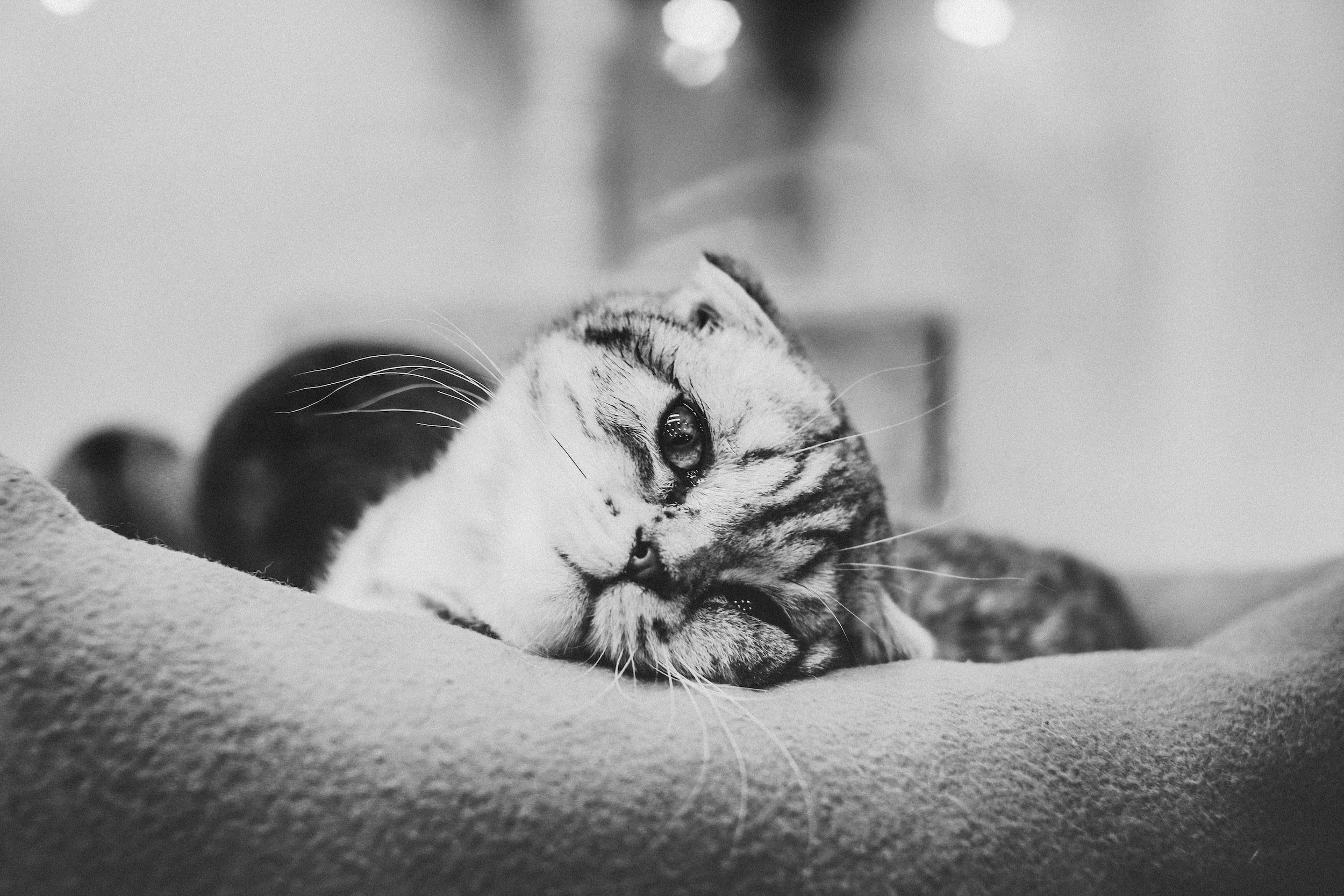Grieving the Loss of a Pet
The grief when losing a pet can be devastating, as I know from my own experience.
A few years ago, my beloved cat, Silverstar, at home here in Adelaide, became very ill while I was in Carmel, California, visiting my Mum. Due to timing and distance, I had to organise for him to be euthanised from over there, which of course meant that I could not be with him in his final moments. When I finally got back to Adelaide, all that was left of him was his collar, a pot of ashes, my memories, and a lot of photos, none of which did anything to assuage either the shock, the grief, or worse, the immense guilt I felt over the fact that I could not be with him in his final, and sadly, painful moments. And, of course, I missed him terribly.
I don’t remember speaking to anyone about how I was feeling, certainly not during the first six weeks after his death, when the shock was at its worst. Not everyone understands the bond and connection you can have with an adored pet, and knowing that, I did not feel free to talk about what was going on with me. That’s not an unusual way to feel at such a time, so it's not surprising not everyone will understand the grief of losing a pet: the grieving tend not to talk about their grief, especially when the people around them aren’t pet owners, or if they are, aren’t animal lovers, and instead see their pets as easily replaced, lower order beings.
All of the above, bundled up with the fact that a lot of people don’t credit animals with a full range of intelligence, consciousness, emotions, and feelings, can make the experience of losing a pet a lonely one. The experinece can also be an alienating one: the thought that the people around you might think you’re a bit crazy, or over-emotional, or in some other way not quite right, keeps you silent. All this means that there is less structure and support around the process of grieving a pet, despite that, when we consider how much comfort we drew from the love our pet’s gave us throughout their little lives, their deaths can be agonising for us.
When someone loses a member of their family, it mostly goes without saying that they will take some bereavement leave, and there is usually a funeral to go to, a service to attend and a wake to go to. That kind of structure and community support allows people to truly grieve the loss of their loved ones, but when grieving the loss of a pet, we are not usually given the same grace. Because of all of this, it is important to remind ourselves that our grief is as normal, valid, and genuine as if it were the result of losing a best friend or family member, and learn to give ourselves the space to grieve: do talk about it; do explain that you just don’t feel up to socialising right now; do say ‘no’ to taking on that extra work project; and if somebody tells you to just buck up and get on with it, just reply, ‘Thanks, but that’s not who I am’. Make space for your grief; contemplate it; embrace it. And, above all, allow yourself the empathy you would extend to anyone you knew in a similar situation, and give yourself that kindness. Hug yourself. Buy yourself a bunch of flowers, or do some other nice, sweet thing for yourself, like (and this works for boys too!) having a bubble bath by candlelight.
Why is pet loss so hard?
Pets can’t communicate with us by using language, so when you’re facing the loss of a pet, be it due to old age, or illness, or some terrible accident, it’s like trying to nurse a small child through an awful illness. Your pet, like your infant, can’t easily communicate what they need or what they’re feeling, and not knowing what they may truly need or want can make the whole experience a heavy, guilt-ridden burden to bear. That guilt can be massive and overwhelming, especially if you weren’t able to be there for them when they died, or couldn’t afford to give them the treatment they needed, or if you are feeling that you gave your pet everything you had, but even that wasn’t enough.
The whole experience of facing pet loss is made even harder if you’ve had to make difficult decisions on your pet’s behalf, like choosing not to give them the medication they needed, because the whole process of giving it to them was so very traumatic and distressing for them (I went through this with Silverstar). In such cases, we are often left to wonder, ‘Was I right? Was that the most humane choice?’. There are countless questions and decisions to be made when it comes to your pet’s care and the responsibility of making those decisions can make pet loss extremely hard, adding to the simple fact that we have just our closest, and most unconditionally-loving, companion. We have lost someone, a furry someone, or scaley or feathery someone, who was devoted to nurturing us and making us feel better about life.
So, when you are either facing the loss of a dearly beloved pet, or are in the throes of experiencing it, you must remember to take especially good care of yourself, because your pet can’t any longer, and in all likelihood, the world around you won’t know how to do that for you. That world won’t offer you 3 days off for bereavement leave; it might not even understand your grief, or recognise it. So again, compensate for the world’s inability to nurture you at this time and do your own self-nurture. Take a long walk in the forest or through the park, enjoying the animals you see there, or run that bubble bath, dimmming those lights and lighting those candles, with soft music playing in the background. Do something special for yourself every day, and think of your pet as they were in happier times while you do it; that way, even though they are gone, they are still able to do what they did for you while living and with you every day, comfort you, nurture you, and take care of you.

